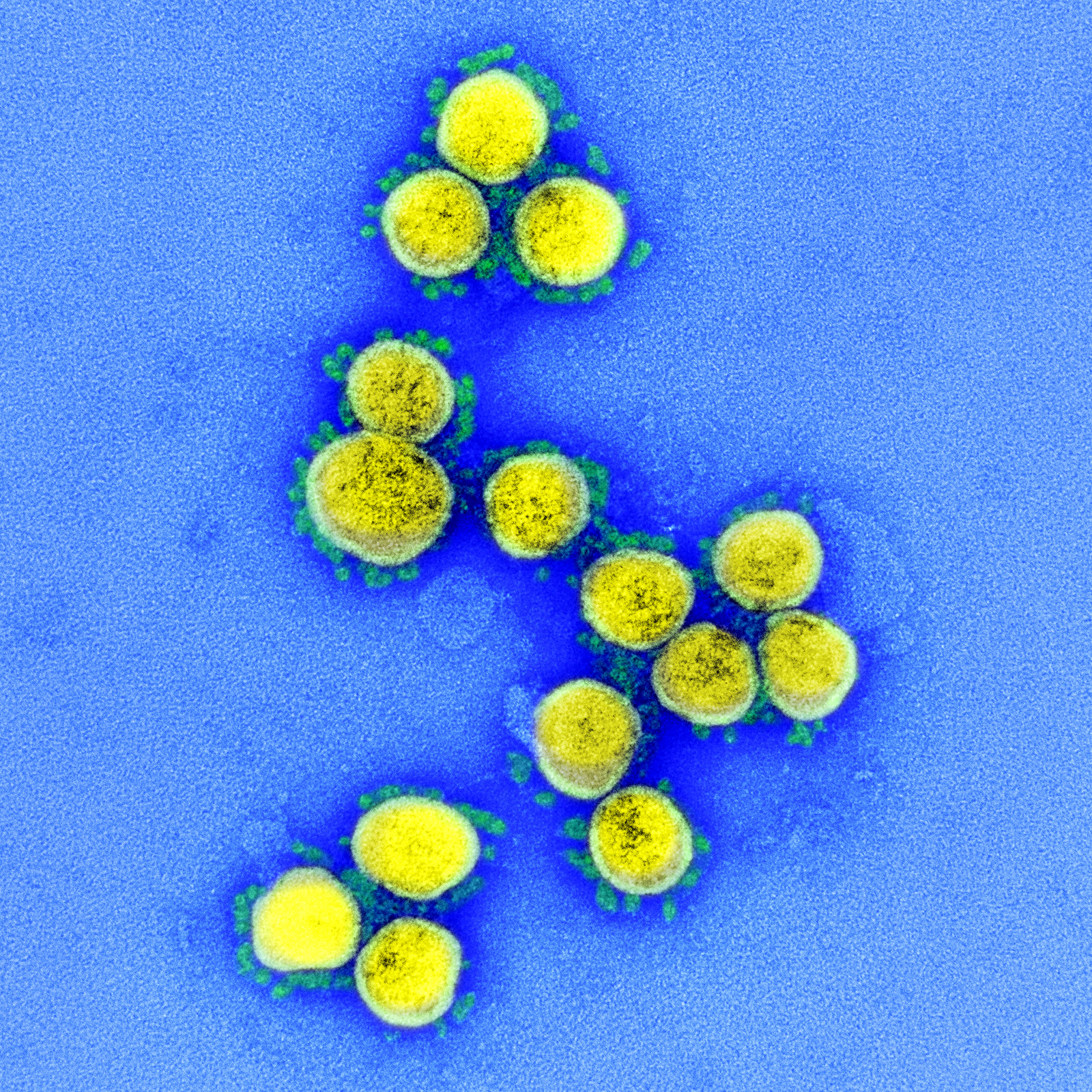Oxford University prepares for coronavirus vaccine trial

Scientists from the University of Oxford say they have identified a potential vaccine for the SARS-CoV-2 coronavirus that is the cause of the COVID-19 epidemic, which has claimed more than 15,000 lives worldwide.
A team from Oxford say they have identified a vaccine candidate and are working towards the first clinical trials.
The Oxford team’s vaccine contains the genetic sequence of the “spike” protein found on the outside of the coronavirus.
After vaccination, the surface spike protein of the coronavirus is produced, which primes the immune system to attack the coronavirus if it later infects the body.
According to the team, a chimpanzee adenovirus vaccine vector (ChAdOx1), developed at Oxford’s Jenner Institute, was chosen as the most suitable vaccine technology for a SARS-CoV-2 vaccine.
This is because it can generate a strong immune response from one dose and it is not a replicating virus, so it cannot cause an ongoing infection in the vaccinated individual.
This also makes it safer to give to children, the elderly and anyone with a pre-existing condition such as diabetes.
Chimpanzee adenoviral vectors are a very well-studied vaccine type, having been used safely in thousands of subjects in vaccines targeting over 10 different diseases.
Moderna last week became the first company to begin a clinical trial of a coronavirus vaccine, which also works using the spike protein.
The UK has also launched an alliance to map the spread of coronavirus using whole genome sequencing.
The government announced a £20 million investment will deliver large scale, rapid sequencing of the cause of the disease and shared intelligence with hospitals, regional NHS centres and the government.
In a separate development CEL-SCI Corporation said it had signed a collaboration agreement with the University of Georgia’s Center for Vaccines and Immunology to develop an immunotherapy against COVID-19.
Trials are set to begin in patients at highest risk of dying from the disease based around the Ligand Antigen Epitope Presentation System (LEAPS) technology.
This has created a tailor-made peptide that the company hopes will create an antiviral response, while reducing the inflammation that causes respiratory symptoms associated with COVID-19.
Previous studies showed that LEAPS immunogens can prevent lethal infection by herpes simplex virus (HSV) and influenza A (H1N1) and stop the inflammatory disease progression of rheumatoid arthritis in animal models.
Photo: Rocky Mountain Laboratories/NIH













